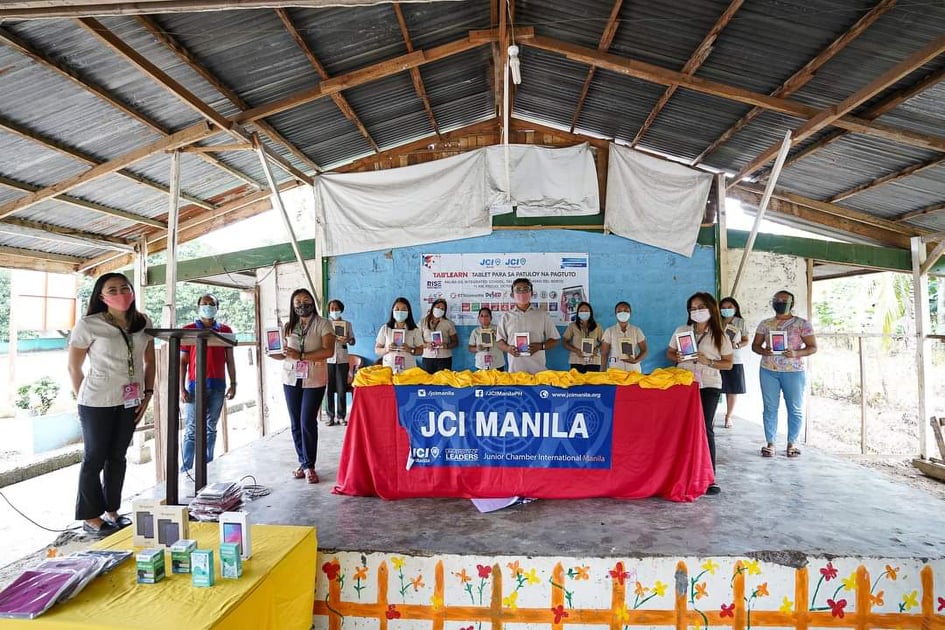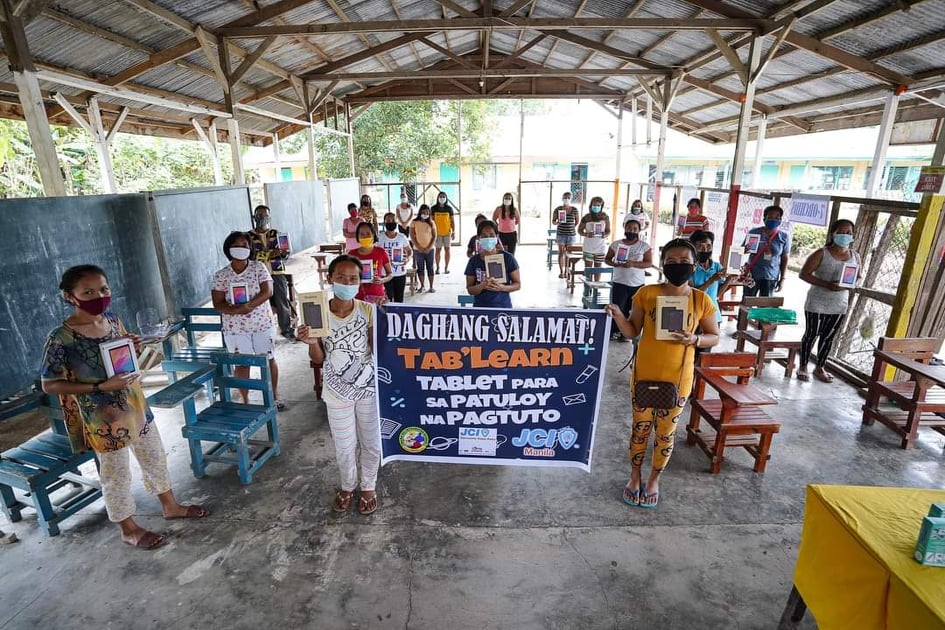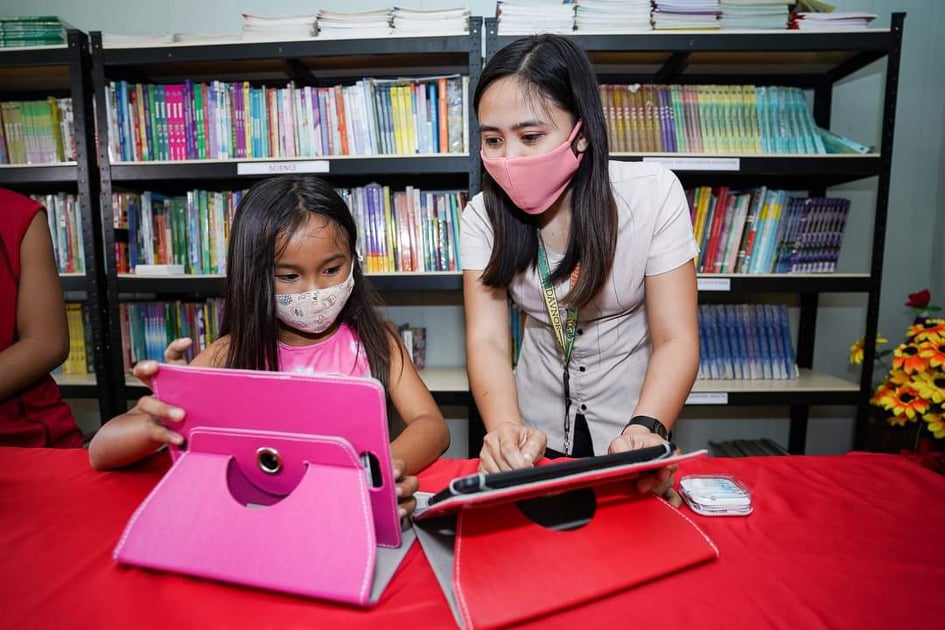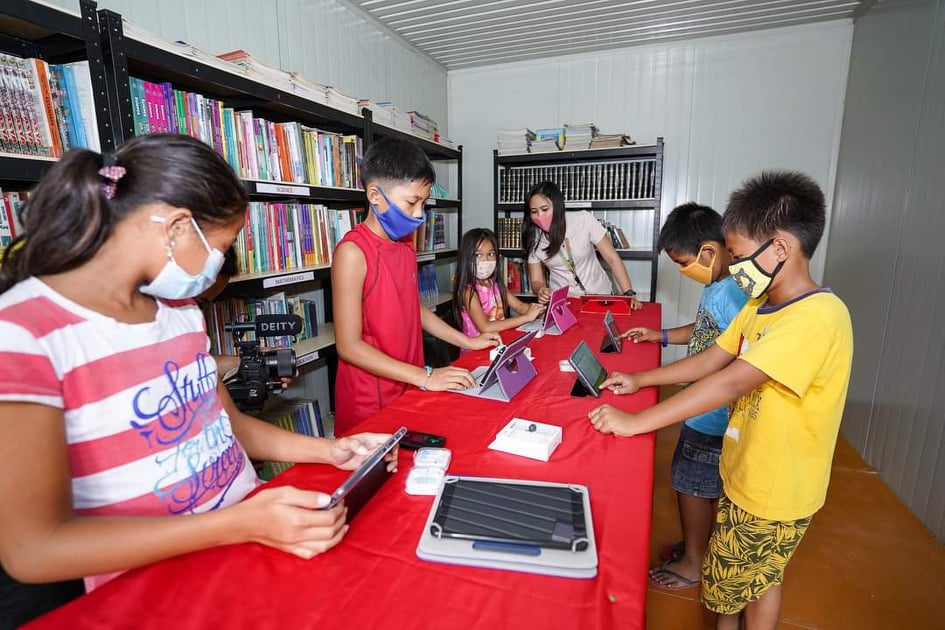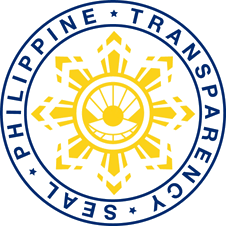The pandemic has paved the way for blended learning education due to the restrictions of face-to-face interaction. With this, the indigenous peoples (IP) learners of Palma Gil Integrated School (PGIS) in the uplands of Talaingod in Davao del Norte struggled to achieve the quality education that every learner deserves. That is until through partnerships and linkages, a non-government organization (NGO) assisted by giving educational tablets and accessories to its beneficiaries in the school.
From the start of modular learning, given that it is self-paced, most of the learners in PGIS do not have gadgets that would help them to understand the self-learning modules sufficiently.
Teachers also struggled to communicate with the parents of the learners because most of them do not have gadgets; thus, written letters were used to communicate with them.
This was the challenging situation that the learners and teachers faced on the inception of modular learning, not until JCI Davaoeña Daba-Daba has provided e-learning materials, specifically tablets, that gave realization to our TabLEARN (Tablets for Learners’ e-Assistance in Reading and Numeracy) program to the learners and teachers of PGIS. They turned over 60 educational tablets and accessories to Palma Gil Integrated School.
The TabLEARN has helped in making education and communication easy and convenient to both learners and teachers. Through these devices, the learners can easily access the compilation of learning materials like video lessons, SLM’s, etc. in coping with their lessons even without internet connection.
Teachers can also efficiently communicate with the learners and parents through online means and text messaging. With this, the TabLEARN has undoubtedly become an avenue in making blended learning effective.
The TabLEARN program has become an extensive aid to make modular learning better with the hope that everyone will fully adjust and can have adequate resources to maximize blended learning to its full potential.
By Shyleen Jee J. Solmeron

